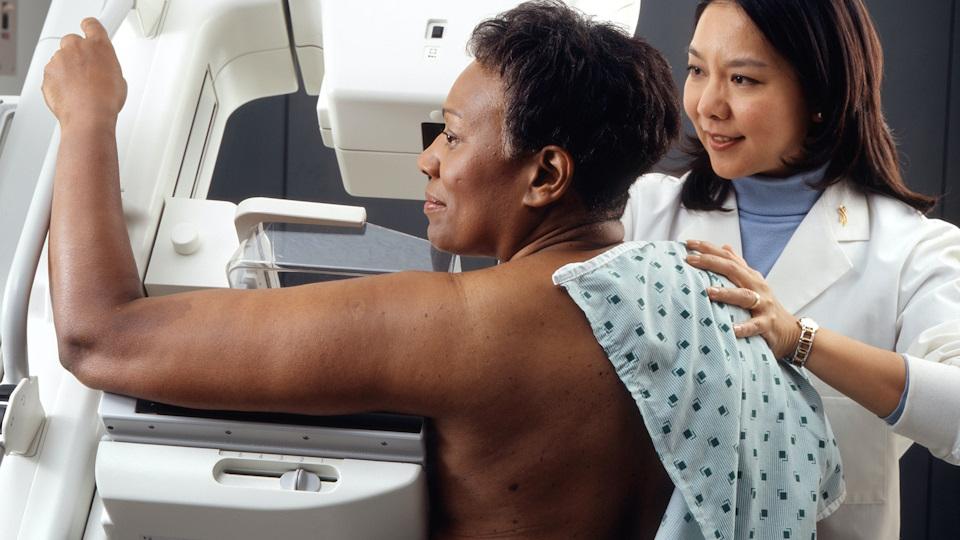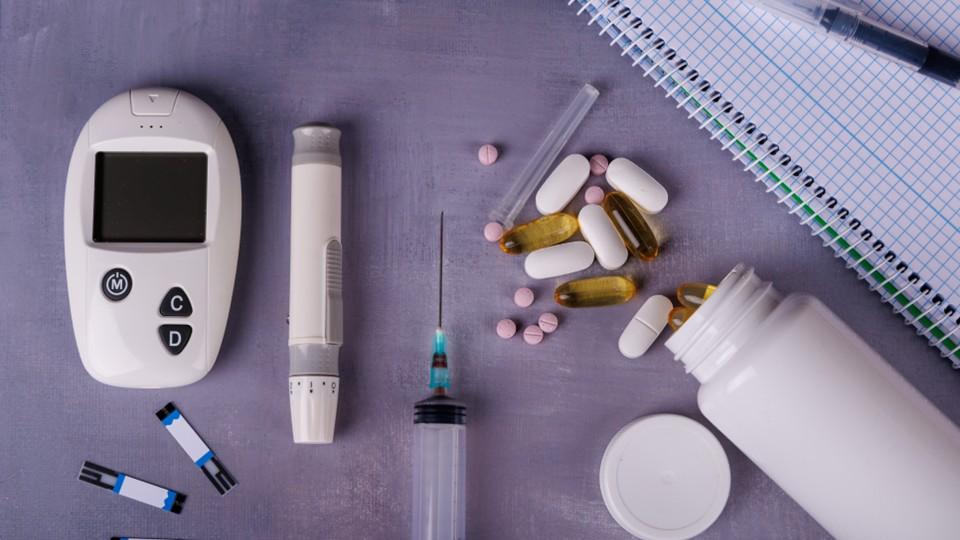Pfizer partners American Cancer Society on health equity

A new $15 million initiative between Pfizer and the American Cancer Society (ACS) aims to tackle one of the most pressing issues in health at the moment – unequal access to care.
The three-year ‘Change the Odds’ programme is being funded by Pfizer, with the objective of improving awareness and access to cancer screenings, clinical trial opportunities, and patient support programmes for “medically underrepresented communities across the US.”
It is getting going with a focus on breast and prostate cancer – two diseases in which the gap in care is known to be particularly wide – and may in time be expanded to other types. The incidence of both cancers is increasing across the US, with a greater impact for certain races and ethnicities, which can be more pronounced in urban areas.
For example, Black women are 40% more likely to die from breast cancer than White women, despite having similar rates of the disease, while Black men are twice as likely as White men to die of prostate cancer and 70% more likely to be diagnosed with the disease.
In fact, Black people have higher death rates than all other racial/ethnic groups for a wide range of cancer types, according to National Cancer Institute (NCI) figures.
“Cancer doesn’t discriminate – and neither should cancer care,” said Chris Boshoff, chief oncology officer at Pfizer. “Everyone should have the same opportunity to access the latest advances in care, regardless of their background or where they live.”
One of the aims of the push is to tap into ACS networks to connect individuals and raise awareness of no- and low-cost screening services, as well as access to treatment programmes and other services, and help to guide patients “through the complexities of their cancer journey,” according to the partners.
Feelings of social isolation experienced by people living with breast or prostate cancer are known to be associated with poorer outcomes, so community-building will be an essential part of the scheme.
ACS' chief executive, Dr Karen Knudsen, said that “ending cancer as we know it, for everyone, including medically underrepresented communities, can only be attained through strong and actionable partnerships with a shared vision like ours with Pfizer.”
The initiative comes just days after a report from the World Health Organization (WHO) concluded that the burden of cancer on societies around the world is growing at an alarming rate, with a 77% increase in new cases expected by 2050, along with significant gaps in care.
Photo by National Cancer Institute on Unsplash












